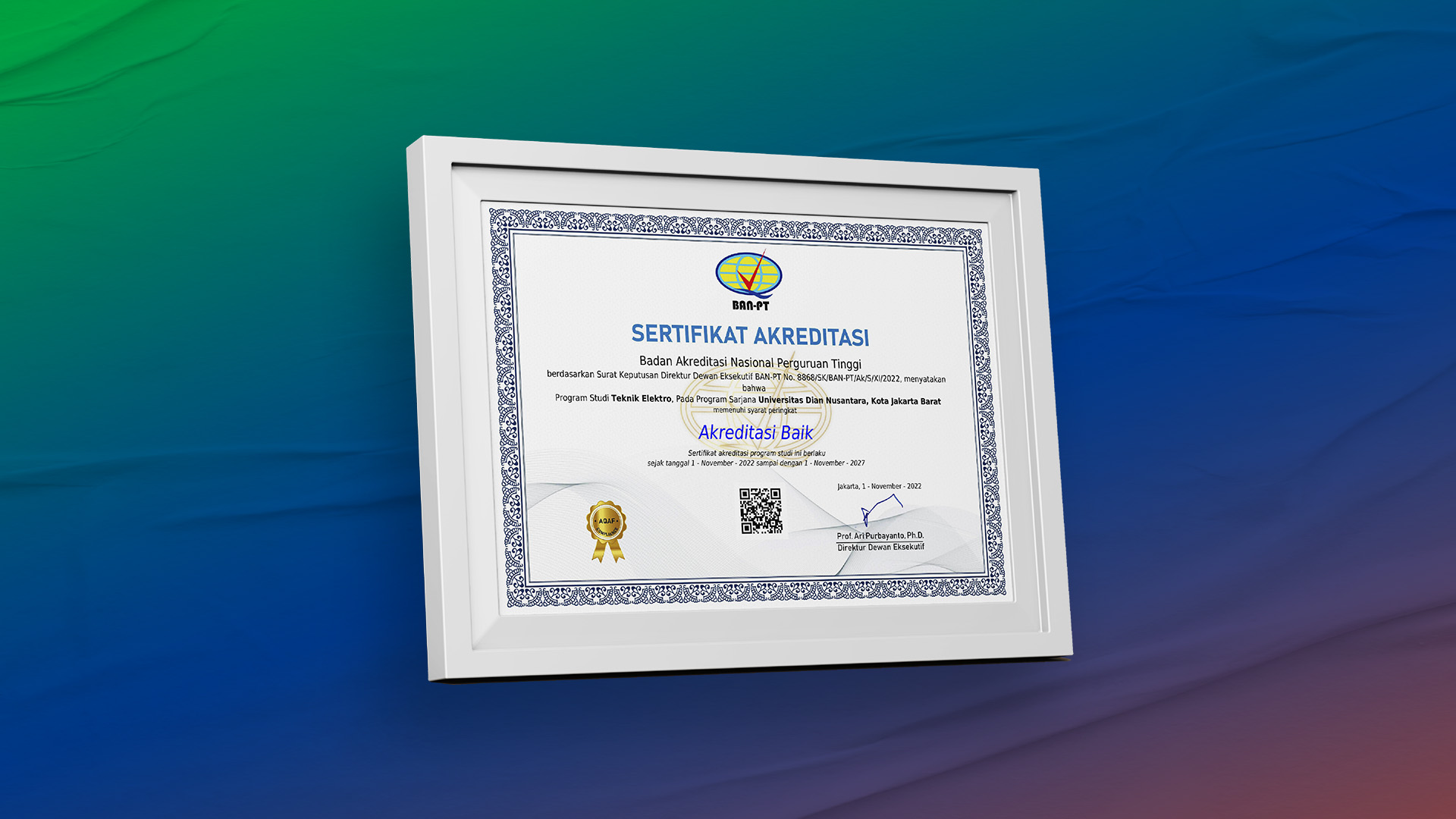Pillars of Economic Growth Through Time: The History and Role of Indonesia’s Capital Market – Commemorating Indonesia Capital Market Day

Every year on June 3rd, Indonesia commemorates Capital Market Day, a significant moment that marks the rise of the nation’s investment sector. This day serves as a reminder that the capital market is not merely about numbers and stocks, but also a crucial part of Indonesia's economic development history and a key indicator of the nation's economic progress.
Given the importance of a capital market in a country, it is essential to understand what the capital market is and its historical roots. In simple terms, the capital market is a platform for companies listed on the Indonesia Stock Exchange (IDX) to offer shares and other securities to the public for trading. Instruments such as bonds, mutual funds, and stocks are part of this market, each with distinct characteristics and regulations.
Unlike traditional markets that deal with physical goods, the capital market trades non-physical assets, namely securities representing ownership value in publicly listed companies. The public does not merely act as one-time buyers (traders), but also as participants who can observe and support the ongoing development of these companies.
According to historical records from the Bank Indonesia Museum, capital market activity in Indonesia has existed since the colonial era. Based on Vereeniging Voor den Effectenhandel and its publication Effectengids, stock transactions were recorded as early as 1880. One of the pioneers was Dunlop & Koff, a company established in 1878, predating the formation of a formal stock exchange.

Proof of capital market activity during colonial times is also found in archives such as the Bewijs van Aandeel (Share Ownership Certificate) of N.V. Handel-Maatschappij Thong, a Chinese trading company known to have shares worth 600,000 guilders, a substantial amount at the time. Later, on December 14, 1912, the Dutch East Indies government officially established the Batavia Stock Exchange (now Jakarta), which served as the central securities market and a funding source for strategic sectors such as plantations.
Despite the Dutch government's push for investment, capital market activities were halted during the transitional period from colonial rule to early independence. It was not until June 3, 1977, under the leadership of President Soeharto, that the capital market was reactivated with the listing of PT Semen Cibinong as Indonesia’s first publicly traded company. Since then, June 3rd has been designated as Indonesia Capital Market Day.
So, what is the significance of the capital market for the country and its people? The capital market serves as a long-term financing source for national development and as an economic health indicator. One such indicator is the Composite Stock Price Index (IHSG), which reflects the overall movement of stock prices on the IDX. IHSG is influenced by numerous factors such as economic policy, exchange rates, and consumer sentiment, all of which eventually impact national economic growth.
Beyond that, public participation in the capital market creates real economic impact. Invested funds do not remain idle; they flow into productive sectors, fostering innovation, employment, and national competitiveness.
But is the capital market only for a privileged few? Certainly not. Although often perceived as an exclusive domain, the truth is that with discipline, sound financial management, and self-control, anyone can start investing, even with modest funds. Investing is not about how much money one has, but how wisely one manages and grows it.
In commemoration of Capital Market Day, the academic community of Dian Nusantara University (UNDIRA) is encouraged not only to be passive observers but also active, conscious, critical, and intelligent participants in identifying investment opportunities. Through UNDIRA Investment Gallery, in collaboration with KB Valbury, the university is committed to providing spaces for discussion, training, and education about the capital market, aiming to enhance financial literacy and inclusion among students, especially those in the UNDIRA Capital Market Study Group.
Through collaboration between academia and the financial sector, and the promotion of a healthy and well-planned investment culture, we are laying the foundation for the future economy. Ultimately, the capital market does not belong to a select few, but to all of us, as a pathway to a sustainable economic future for Indonesia.
(Danang Respati Wicaksono / Humas UNDIRA)
Press Contact :
Biro Humas & Sekretariat Universitas Dian Nusantara
Facebook : www.facebook.com/undiraofficial
Instagram : www.instagram.com/undiraofficial
Twitter : www.twitter.com/undiraofficial
www.undira.ac.id
Other

In Efforts to Improve MSME Self-Management: UNDIRA and Wewo Kinarya Bangsa Conduct Evaluation of Beginner and Advanced Independent Workforce
Read more
Jayabaya University Study Visit to Dian Nusantara University: Brainstorming on Development and Utilization of Communication Science Laboratory
Read more
Electrical Engineering Study Program Achieves GOOD Accreditation as the First Step to Success
Read more
Campus Tanjung Duren
Jln. Tanjung Duren Barat II No. 1
Grogol, Jakarta Barat. 11470
Campus Green Ville
JIn. Mangga XIV No. 3
Campus Cibubur
Jln. Rawa Dolar 65
Jatiranggon Kec. Jatisampurna, Bekasi. 17432







